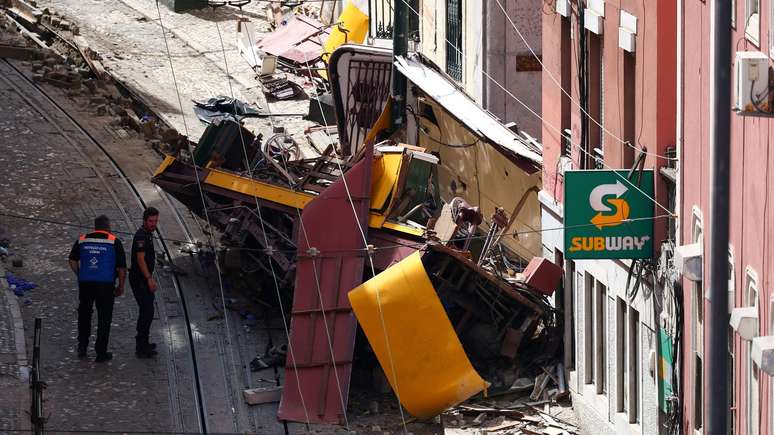“Many clients want to transform their premises into real private offices,” warns the expert
After a fight between a consumer and the owner of a bakery in Barueri-SP, Greater São Paulo, went viral this week, the Federation of Hotels, Bars and Restaurants of the State of São Paulo (Fhoresp) warns against Inappropriate use of notebooks, tablets and mobile phones in gastronomic environments.
In order to avoid new conflicts, the main orientation of the entity is for the parties to adopt common sense in the use of equipment, as well as in the application of restrictions by establishments.
Fhoresp executive director Edson Pinto suggests customers first check whether or not their chosen location is conducive to the practice of allowing the use of electronics for business purposes. If the establishment adopts limitations, according to the Federation, the consumer must respect them, since gastronomic environments fall within the private sphere and can have their own rules, as long as they do not violate the law.
In turn, and in accordance with the Consumer Protection Code (CDC), establishments must publish the guidelines in a place visible to their customers, with the right to easy understanding and clarity.
“Holding long meetings online and staying longer in dining environments due to remote working are going beyond on-site consumption. Since the Covid-19 pandemic, this has become increasingly common. But, in some cases, it has generated problems, like the one that happened to Barueri,” explains Edson Pinto.
Free Internet access
For Fhoresp, bars, restaurants, cafes and bakeries generally offer a structure that allows for remote working, even if this is not the aim. The Federation’s executive director cites as examples free Internet access, electricity to charge electronic batteries, as well as parking and toilets.
However, these services, which were initially a courtesy to consumers, have become a nuisance for some establishments due to inappropriate use by some consumers.
“Many clients want to transform their premises into real private offices. This practice leads to tables being kept for an excessive amount of time and often without equivalent consumption. This is behavior that prevents the turnover of other consumers who want to eat,” she explains.
Most common conflicts
For some time, Fhoresp has noticed the emergence of conflicts between cafes, patisseries, restaurants and bars and customers regarding the use of the facility for commercial purposes and remote working.
Edson argues that if there is no common sense between the parties, it is necessary for the facilities to adopt restrictions, such as preventing access to Wi-Fi, not allowing batteries to be recharged or even charging additional amounts or minimum consumption for the use of the structure for advertising purposes.
The executive director of Fhoresp also adds that these measures are necessary to avoid the worst alternative: the increase in menu prices, to reduce the losses accumulated by the establishments, which, consequently, would penalize all consumers:
“For meetings and actions related to administrative or creative work, we understand that coworking spaces and public spaces are the most suitable environments. It is worth remembering that cafes, bakeries, bars and restaurants are exclusively food businesses,” adds Edson.
inspires transformation in the world of work, in business, in society. Compasso, a content and connection agency, is born.
Source: Terra
Rose James is a Gossipify movie and series reviewer known for her in-depth analysis and unique perspective on the latest releases. With a background in film studies, she provides engaging and informative reviews, and keeps readers up to date with industry trends and emerging talents.






-1h7u7lng4nsc4.jpg)
